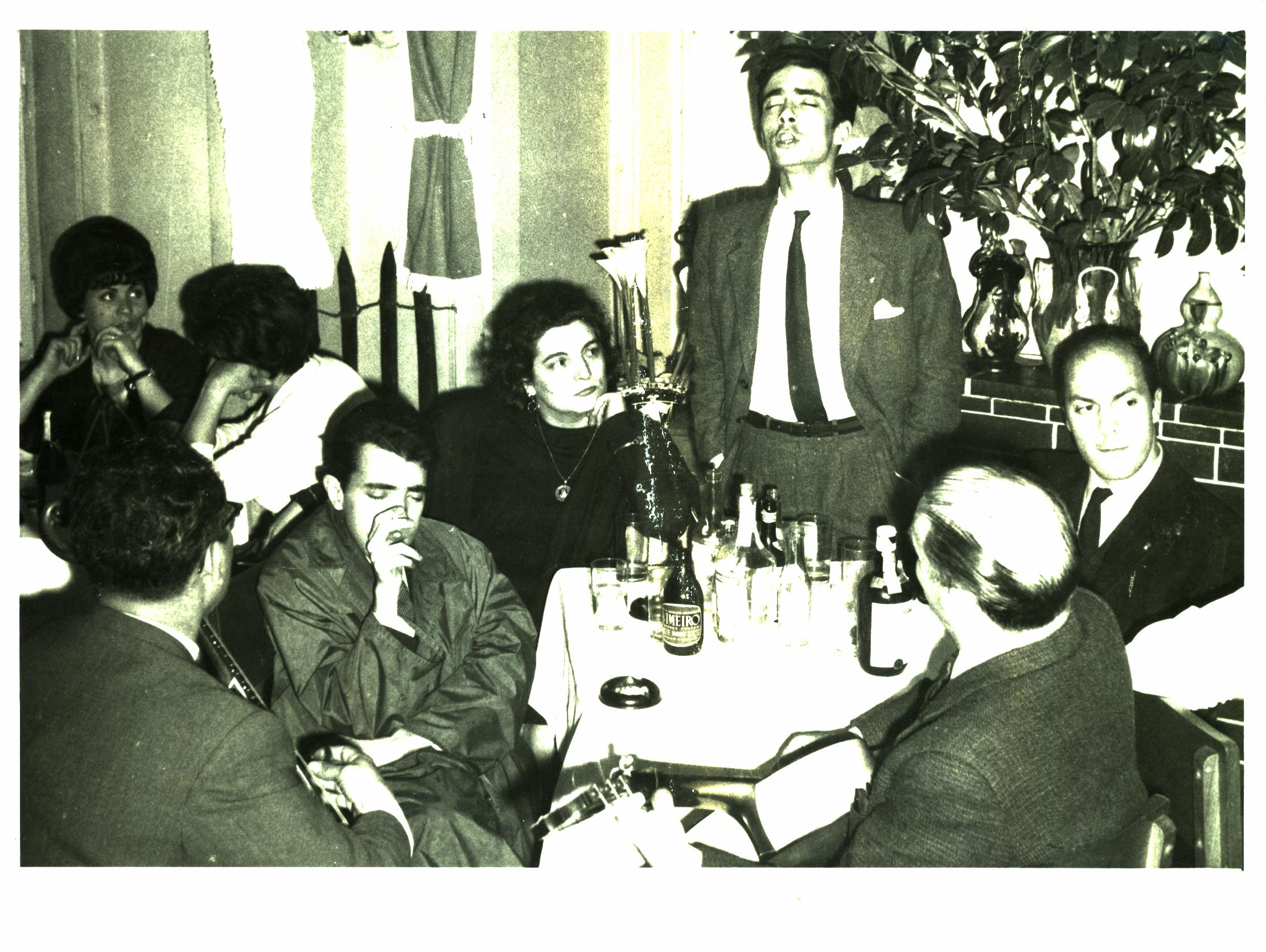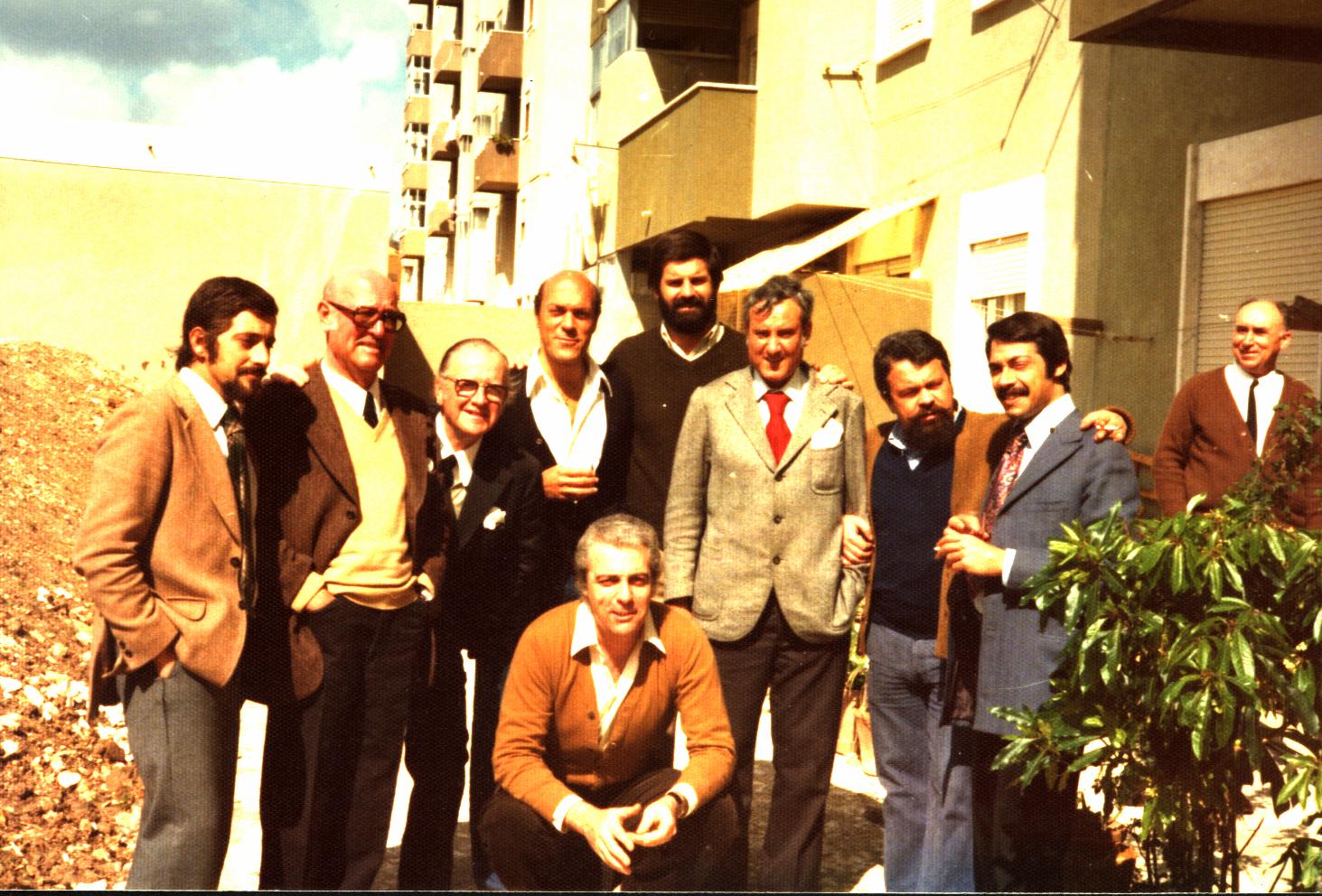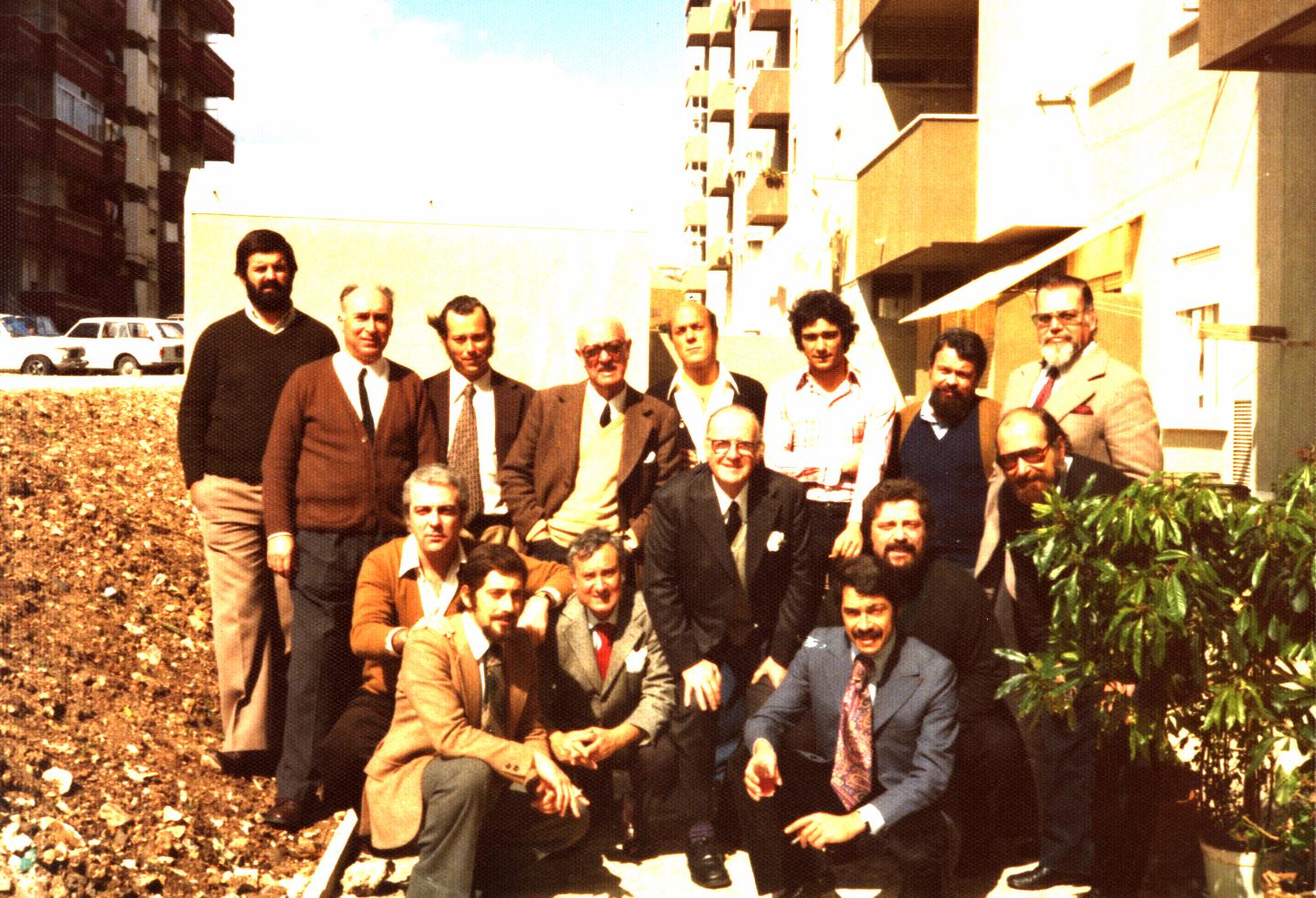Know more:
João Ferreira Rosa
(N. 16 February, 1937 - M. 24 September, 2017)Central figure in the universe of traditional Fado, author and interpreter of a singular work in the Portuguese music scene, strong personality, convinced monarchist, João Ferreira Rosa is the author of a legacy of enormous relevance in traditional Portuguese music.
In his repertoire we find the great themes of traditional Portuguese culture, in an imagery punctuated by love, longing, nostalgia of times gone by, and the whole liturgy of popular festivities in an inventory full of pilgrimages, processions, bullfights or festivals.
Author and interpreter, he became famous with the theme "Fado do Embuçado", included in his first EP published in 1961, the year he made his radio debut on the program Nova Onda da Emissora Nacional alongside artists such as Mercês da Cunha Rego, Teresa Tarouca or Hermano of the Chamber.
A central figure in the universe of traditional Fado, João Ferreira-Rosa has always preferred the status of an amateur. More adept at spontaneous Fado than at studio or stage work, between gatherings and the big stage, he always preferred socializing with friends.
In 1966, the charismatic Taverna do Embuçado was inaugurated in Alfama, a fado house where different generations of performers and musicians passed, a space of central importance in the history of Fado, for several decades.
Still in the 1960s, he acquired the Pintéus Palace in the municipality of Loures, where he would promote different Fado concerts and gatherings, with artists such as Alfredo Marceneiro, Maria do Rosário Bettencourt, João Braga or José Pracana, later broadcasted by RTP. There he recorded his disc "Ontem e Hoje", published in 1996 and recognized by the critics as an exponent of his record legacy.
In 2012, the Lisbon City Council awarded him the Medal of Cultural Merit.


